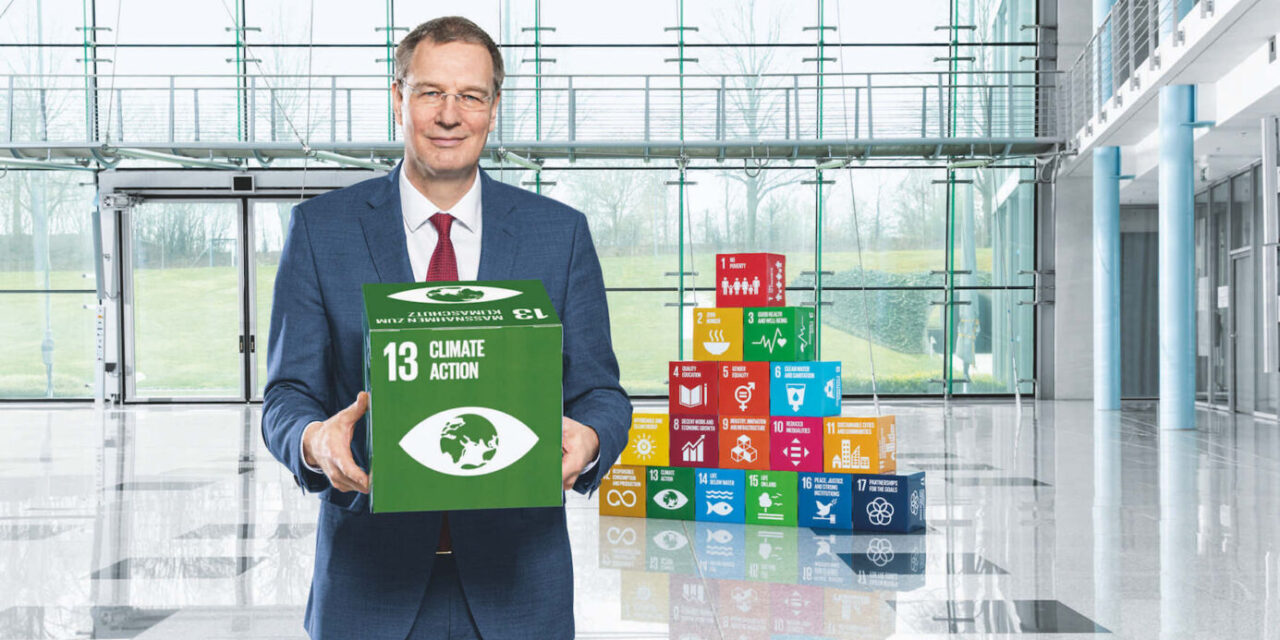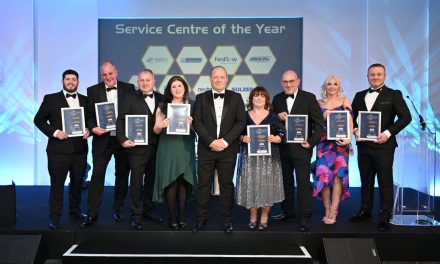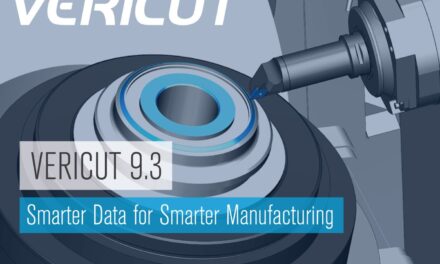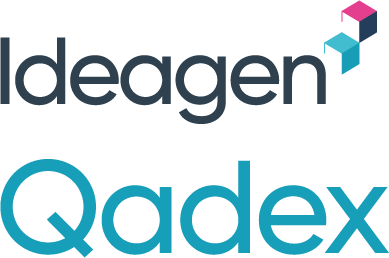Automation is an enabler for the industrial transformation towards climate protection, resource efficiency, sustainability, and the circular economy. Festo products and solutions enable more resource-efficient production and help to establish a circular economy along the entire value chain – with the clear aim of reducing CO2 emissions.
Festo will massively reduce its own carbon footprint over the next two years. “All of our production and logistics sites worldwide, including the German sales locations and the corporate headquarters in Esslingen, will be CO2-neutral from the beginning of 2023,” explained Festo CEO Dr. Oliver Jung, Dipl.-Ing. at Festo’s International Press Conference in Esslingen.
Sustainability Strategy and Sustainability Report
Festo has aligned its own Sustainability Strategy with the Strategic Development Goals (SDGs) of the United Nations. Scope 3 emissions will play an increasingly important role as emissions from purchasing and logistics are considered alongside the use of products by customers. In its annual Sustainability Report, Festo documents its global responsibility with numerous examples and provides information about its sustainable corporate development.
“We want to express how automation technology can balance the supply of the world’s population and protect natural resources via climate-neutral production at the same time,” explains Oliver Jung. “Festo is striving to transform industrial production into an efficient and more climate-friendly way of manufacturing.”
He continued: “Innovations are the key to greater sustainability and our customers increasingly perceive us as a partner in this process. Together, we can drive the transformation of the industry.” Festo has made great strides in important innovations, such as digital and intelligent pneumatics, automation platforms and concepts for saving energy in pneumatics.
Learning as an essential element of sustainable development
Festo contributes to global sustainability at many levels. As a solution provider for technical education and training, Festo Didactic imparts skills and abilities to master the challenges of the present and shape the future for the benefit of future generations. Festo also attaches great importance to training and further education within its own company. In addition, Festo Didactic develops learning content and learning environments for new training professions, based on the increasing requirements in the areas of IT, AI, data science and sustainability.
The transition to a circular economy
Festo sees the next development for industrial production in the transition towards a consistent circular economy. This change holds enormous growth potential and at the same time preserves the natural foundations of life for future generations. “In nature, there is no waste and no wastage, we just have to learn to transfer these principles to our economic activity. That is why we are transferring these principles to automation as part of our Bionic Learning Network,” says Oliver Jung.
The current Festo Sustainability Report is available at www.festo.co.uk/sustainability




